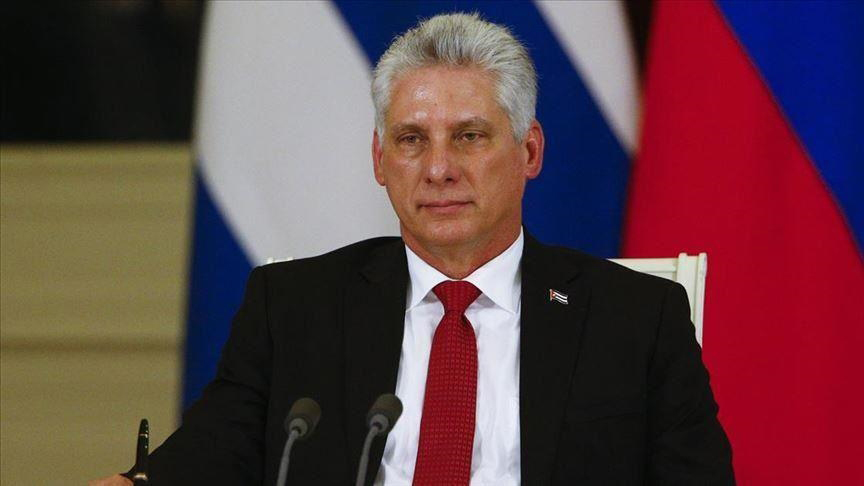The multiple challenges, not least “an acute economic crisis and an adverse international context which have repercussions in the national economic and social sphere”, compels Cuba “to resort to creative resistance, strengthen local development and local productive systems, fundamentally those that do not depend on foreign currency, as well as develop the circular economy and stimulate innovation,” Head of State and Communist Party Leader Miguel Diaz–Canel told the Cuban people in a recent presentation that appeared designed to prepare the country for more tough times mostly on account of the island’s more than half a century’s old United States economic pressures.
More than five years after the death of the Caribbean island’s best-known leader, Fidel Castro, Diaz-Canel told Cubans that the country continues to endure problems largely due to the continued tightening of the U.S. blockade that accentuates Havana’s domestic challenges. A recent conversation between Diaz-Canel and the deputies of the country’s Economic Affairs Committee of the National Assembly of People’s Power, saw the country’s President detail the contradictions confronting Cuba even as the country sticks doggedly to its socialist model, stubbornly refusing to embrace a more liberal socio-economic system.
Reflecting on what have, over the years, become Cuba’s multi-dimensional socio-economic problems, Diaz-Canel noted that amidst long-standing energy supply challenges, the island has had to meet the foreign currency costs of leasing floating generation plants, which are paid in foreign currency, whilst neglecting to either ask the population to meet the costs of electricity in hard currency or raise electricity costs. What he said was, in effect, a completely subsidized sector represented the largest part of the country’s foreign currency expenditure, necessary for the purchase of fuels and for acquiring spares for repairs and maintenance.
Diaz-Canel reportedly alluded to Cuba’s additional challenges associated with securing the resources for food, education and health without resorting to price increases. All of this, he said, had been rendered more challenging by persons who pursued economic activities outside the law and earned more money than those who contributed to society. In a presentation that appeared to reflect an unyielding adherence to the island’s long-adopted socio-economic system, the Cuban President insisted that his country would overcome its present difficulties through strategies which may not yield immediate results but will eventually bear fruit.
He reportedly called for Cubans to resort to “creative resistance” and to “strengthen local development and local productive systems,” including “those that do not depend on foreign currency, as well as develop the circular economy and stimulate innovation.” It was as much a message to the Cuban people that Cuba is yet to come to the end of its long road of socio-economic privation as it was a signal to the United States that the island remains determined to hold fast to its socio-economic position that continues to exact the heavy price demanded by Washington’s economic blockade.
In mid-December, the authorities in Havana projected that the Cuban economy could grow by 3% this year, compared with 2% 2022, in a projection that appears to have been contradicted by the Economic Commission for Latin America which has reportedly pegged growth at no more than 1.8%. Havana is reportedly relaxing controls implemented for the Covid-19 pandemic and is anticipating further improvement in the country’s tourism sector to contribute to the country’s economic performance this year. Late last year, Diaz-Canel visited Algeria, Turkey, Russia and China to engage those governments in talks on the restructuring of public debt and energy supplies.



